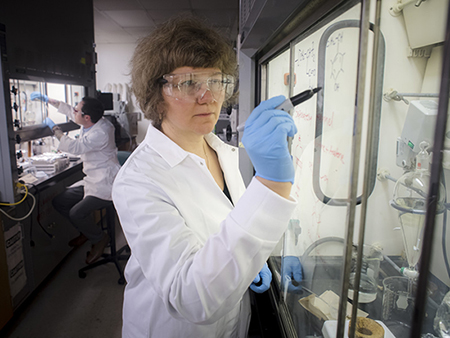Type 1 diabetes, or T1D, results from the autoimmune destruction of the insulin-producing cells of the pancreas. People with T1D require exogenous insulin and suffer swings in the levels of glucose in the blood that impact life expectancy and increase risks of cardiovascular disease, neuropathies and kidney failure.
One therapy is promising — transplanting pancreatic islets from cadavers. But this requires immunosuppression, and reactivated autoimmunity leads to low graft viability and function after five years.
Now, a team of University of Alabama at Birmingham researchers has shown a simple way to protect transplanted islets, by coating them with a thin skin of alternating layers of two biopolymers. As reported in the journal Diabetes, this coating delays allograft and autoimmune-mediated rejection in mouse models of T1D.
“Our approach to inhibit proinflammatory immune responses with poly(N-vinylpyrrolidone)-tannic acid-encapsulated islets without systemic immunosuppression is a significant advancement toward successful islet transplants in humans,” said senior authors Hubert Tse, Ph.D., and Eugenia Kharlampieva, Ph.D.
